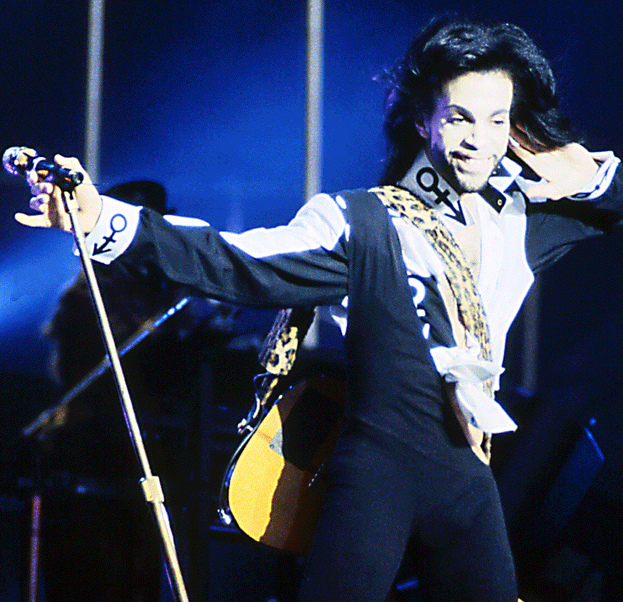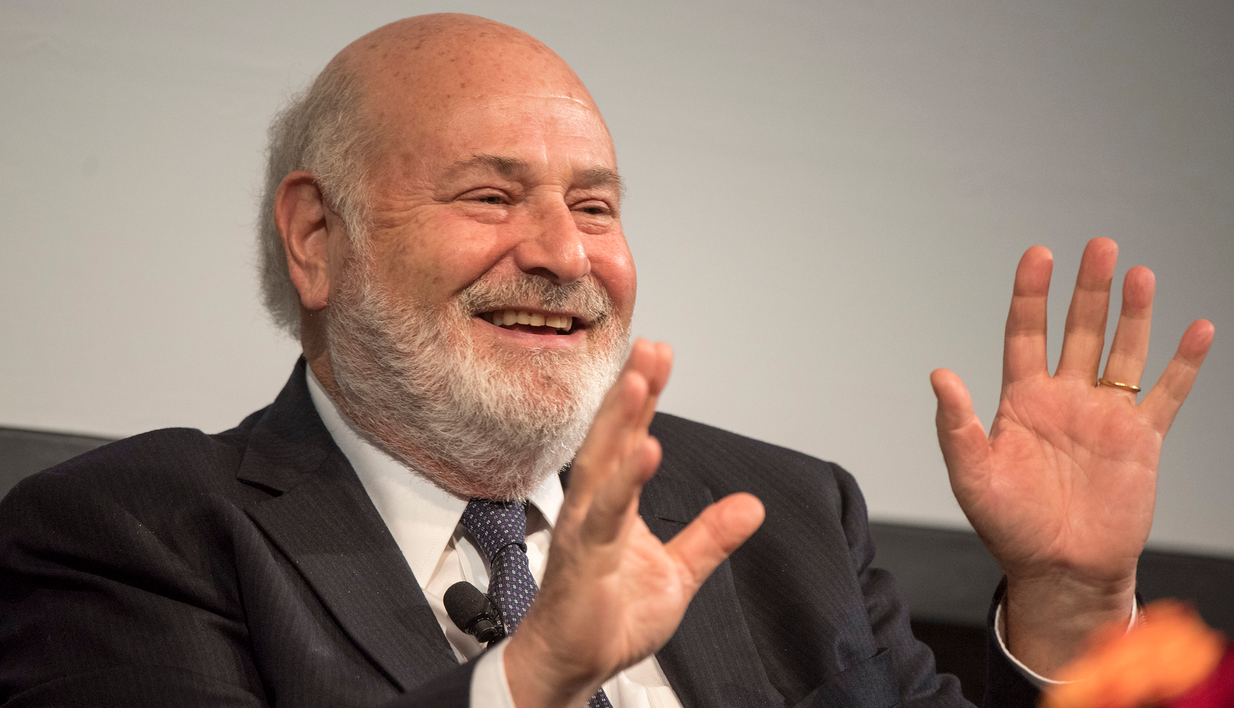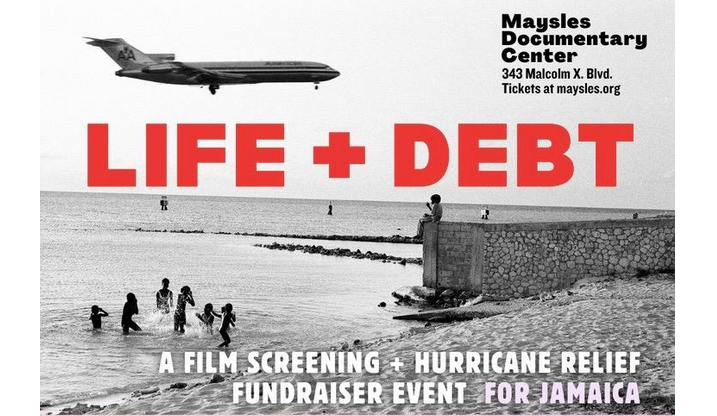Photograph courtesy of public use
Unless you knew the artist known as Prince what could you say about him?
Probably plenty.
Fans around the world have already demonstrated their feelings toward the passing of the iconic performer. Most of them had never met Prince, but nonetheless felt connected to him through his music. Others who did know him—or met him in passing or maybe at a concert or through a mutual acquaintance—called him a gentle soul, a “good neighbor,” a generous friend.
From his protégés, such as Sheila E., Sheena Easton and Apollonia Kotero, there has been nothing but praise and accolades for the artist. Even filmmaker Spike Lee took to social media, calling him a “funny and cool cat.”
So with all this praise and reverence for a man who touched so many souls, should it matter to us how he died?
Apparently, to some, it does.
Since the news broke of the iconic artist’s untimely death April 21, entertainment tabloids, such as TMZ, have inundated airwaves and social media with speculations into Prince’s death.
Recently, Yahoo News reported that allege complication from Aids may have played a part in the songsters death.
As with any super popular celebrity figure, the notoriety that follows them in life, stalks them in death—especially when that death is sudden and untimely—and profit can be gained from tragedy.Someone with Prince’s prestige sells publications.
But for the fans who considered him to be royalty of the music industry, the question of his death has never been how. It’s why.
None of the fame or acclamations mattered more to Prince than his privacy. He stayed clear of the gossip aspect of the entertainment business. He was never caught up in a scandal. And he never criticized artists who came before him, after him or during his reign. Prince had class. And this is what made him so unique and virtuous to the myriad fans who adored him.
This is also why no one should be engrossed in what took him away from us so soon.
Prince Roger Nelson—his birth name—gave us life and purpose through the orchestration of his music and their lyrics. He spent half his life mastering how to play multiple instruments. He was a perfectionist who lived for song, lived for the stage, and, throughout his life, lived for the high regard of his fans.
In our era, in the representation of our culture, he was our Elvis—minus the drugs—our knight whose purple veneer should be remembered and cherished for generations to come as unadulterated and certainly unblemished.






